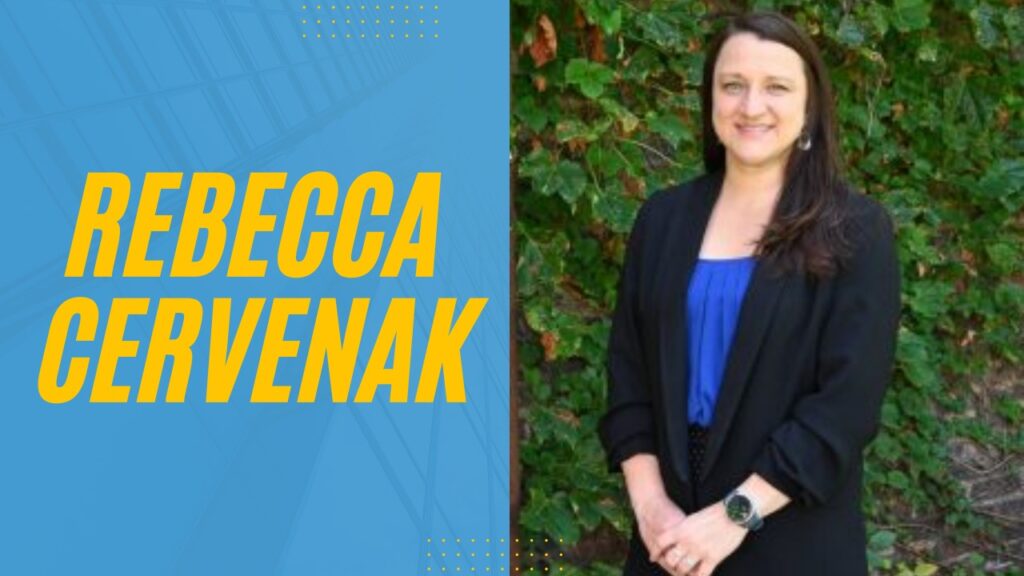Rebecca Cervenak is a disability lawyer in Cleveland OH and a valuable member of the Liner Legal Team. She’s answering all of your questions and writing blogs to expand on that information. Below, find information on frequently asked questions about working while receiving benefits.
Can I Go Back to Work While Receiving Social Security Disability Benefits?
Yes! Special rules make it possible for people receiving Social Security disability benefits to work and still receive monthly payments and Medicare/Medicaid. Social Security calls these employment supports “work incentives.”
You are responsible for understanding the work rules and reporting work to the Social Security Administration (SSA), so you do not end up with an overpayment. For more information, read our blog on overpayments.
SSA continuously reviews medical evidence to determine if you are recovering from your disability. Your benefits may stop if SSA determines your condition(s) have improved.
Substantial Gainful Activity
SSA uses Substantial Gainful Activity (SGA) as a way to determine if you are eligible to continue to receive disability benefits. SGA refers to how the SSA evaluates the level of work activity and earnings for a person.
“Substantial” means if someone is able to complete physical, mental or both activities for work. The work does not have to be full-time, but part-time work is also considered.
“Gainful” refers to if someone is doing work for payment or profit. This includes if a person that receives payment, is doing work that is typically done for a profit, or if the work is done with an intention to get paid (despite receiving a profit or not).
The amount of money you receive each month that is considered to qualify for Substantial Gainful Activity is based on the type of disability you have. There are higher SGA monthly earnings for those who are blind. Amounts of earnings that make someone eligible for SGA are adjusted each year.
For 2021: SGA increased to $1,310 per month. If you are blind, earnings of $2,190 or more are considered SGA.
If you are Self-Employed, there are different rules to determine if your work is considered SGA.
Trial Work Period (TWP)
*Only people who receive Social Security Disability Insurance (SSDI) are eligible for the Trial Work Period. You are not eligible to receive disability benefits or TWP if you work at the SGA level within 12 months of your disability starting OR Social Security Administration approves your claim for disability benefits.
SSA allows individuals who receive SSDI benefits to test their ability to work through a Trial Work Period. For nine months (not necessarily consecutive) in a rolling 60-month period, SSA will allow an individual to collect his/her full SSDI benefit while working.
The amount considered for TWP is different from SGA, although both amounts are adjusted each year. In 2021, any month where a person earns more than $940 is considered in the TWP.
Extended Period of Eligibility (EPE)
Once you finish the Trial Work Period, you start the Extended Period of Eligibility (EPE). During this time period, a person’s work and earnings are evaluated to determine if they are able to work at the Substantial Gainful Activity (SGA) level.
EPE starts right after TWP ends (the month after you complete your 9th TWP month), regardless if you are working or not. The first 36 months is a re-entitlement period. You can still receive benefits every month that your earnings are below the SGA level, as long as you still have a disability.
Benefit Cessation
The first month during the EPE that countable earnings are above the SGA level will be considered a “cessation month.” An individual will be paid for that month and the following two months. This is also referred to as a “grace period.”
Expedited Reinstatement (EXR)
If an individual’s disability benefits cease because of work, and then he/she becomes unable to work within 60 months, benefits may be reinstated without a new application. While the EXR application is pending, an individual may receive up to six months of provisional EXR benefits. After 24 months of reinstated benefits, an individual gets a new TWP, EPE, and 60 months to request EXR. Continue to follow our website, blog, and social media for more blogs from Rebecca! Rebecca is part of our team of Warren OH disability lawyers at Liner Legal. Our team serves all of Ohio, filling the need for Wooster OH disability lawyers, Medina, Ohio disability attorneys, and more.







